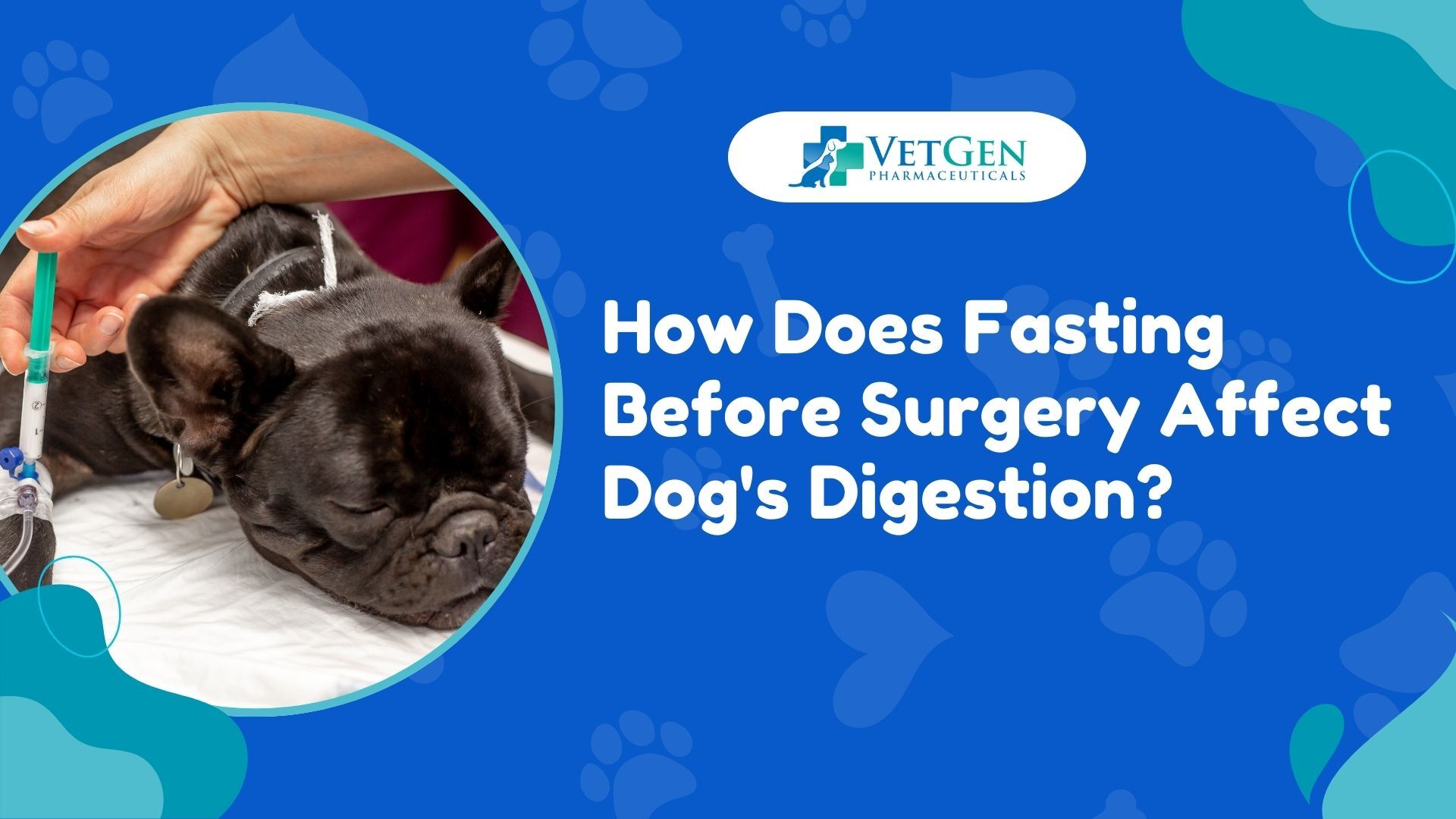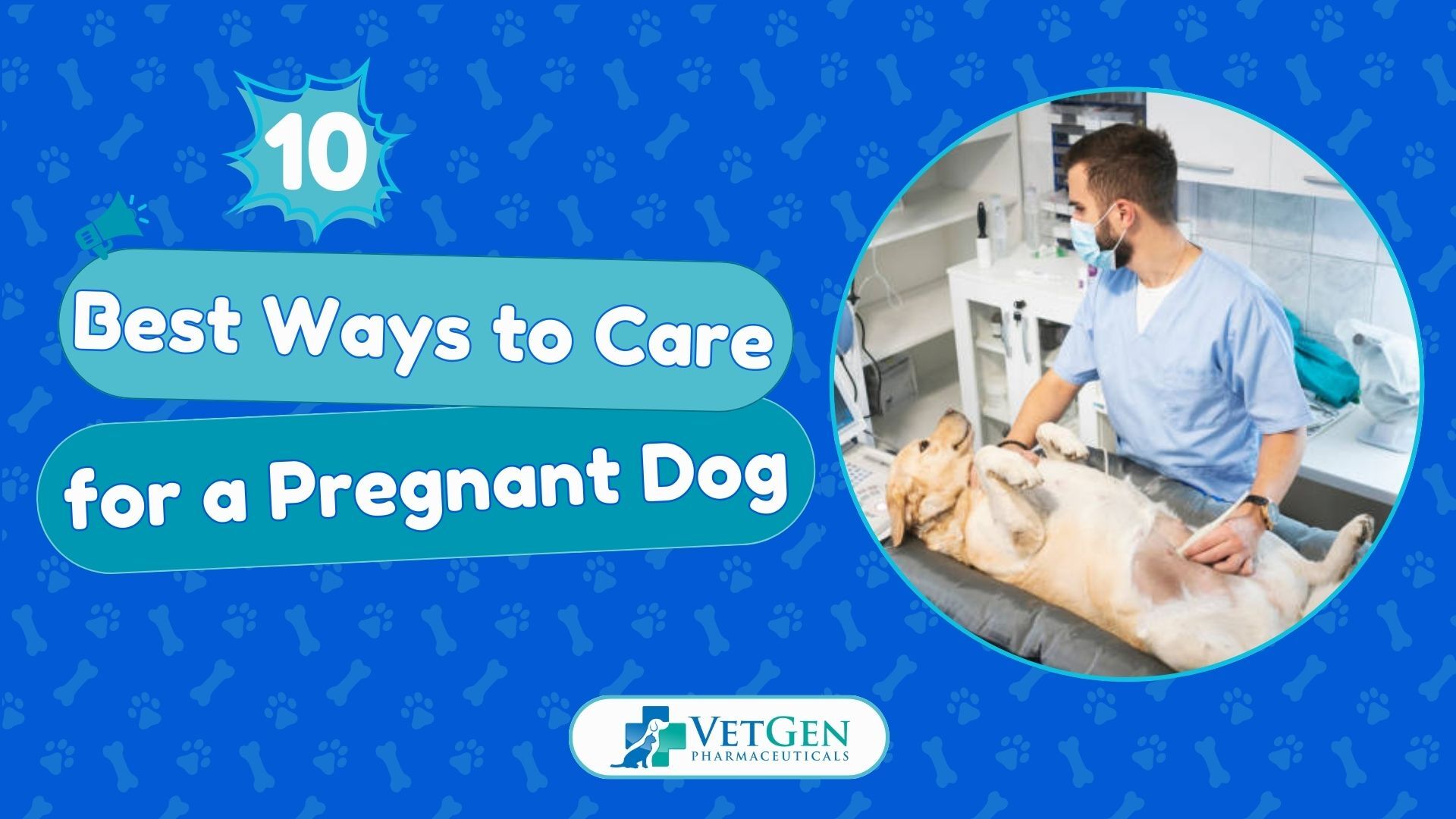Table of Contents
Pre-surgical fasting is a common veterinary practice used for securing a safe and successful surgery in dogs. However, this affects the dog’s digestive system and health in general, as proper fasting avoids risks and consequences for the dog after the surgical procedure is done. The process of fasting is the most important feature in the preparation of a human or animal before surgery. Though it is quite a simple act, fasting impacts the dog’s digestive system in a very enormous way. Primarily, the entire procedure tends to reduce complications of vomiting or aspiration caused by the stomach of a dog being filled with substances while it is under anesthesia.
Therefore, knowing how fasting before surgery affects the body of a dog is very crucial. This article continues on the impacts of fasting before surgery on a dog’s digestive system, why the act is necessary, and how long such preparation should take to fully realize expected outcomes.
What Goes on in a Dog's Digestive System?
The digestive system of dogs works almost in a similar manner to that of humans. Post-consumption, food travels down to the esophagus, where enzymes and stomach acids break it into smaller fragments. In dogs, it takes this process an average of 8 to 12 hours depending on factors such as breed, age, and the nature of the food being consumed.
It then flows into the small intestine where further breaking of the food and more nutrient absorption takes place. The leftovers are passed to the large intestine for waste elimination. As the body conducts the whole process, it channels some blood and energies toward aiding digestion. These can compromise the body’s capacity to handle other critical functions, like a surgical procedure.
Why is Fasting Important?
The most important rationale for pre-anesthetic fasting is to reduce the risk of aspiration pneumonia, under which the contents of the stomach are aspirated into the lungs in the presence of anesthesia. When a dog is anesthetized, it loses its ability to swallow and prevents the entry of stomach contents into the respiratory system. With food in the stomach, there thus may be a greater risk to health during surgery.
In addition, fasting before surgery stabilizes all the body’s systems. Keeping an empty stomach ensures that the digestive system is not performing active digestion and can concentrate on some physiological needs of the body, such as controlling anesthesia and regulating important organs during surgery.
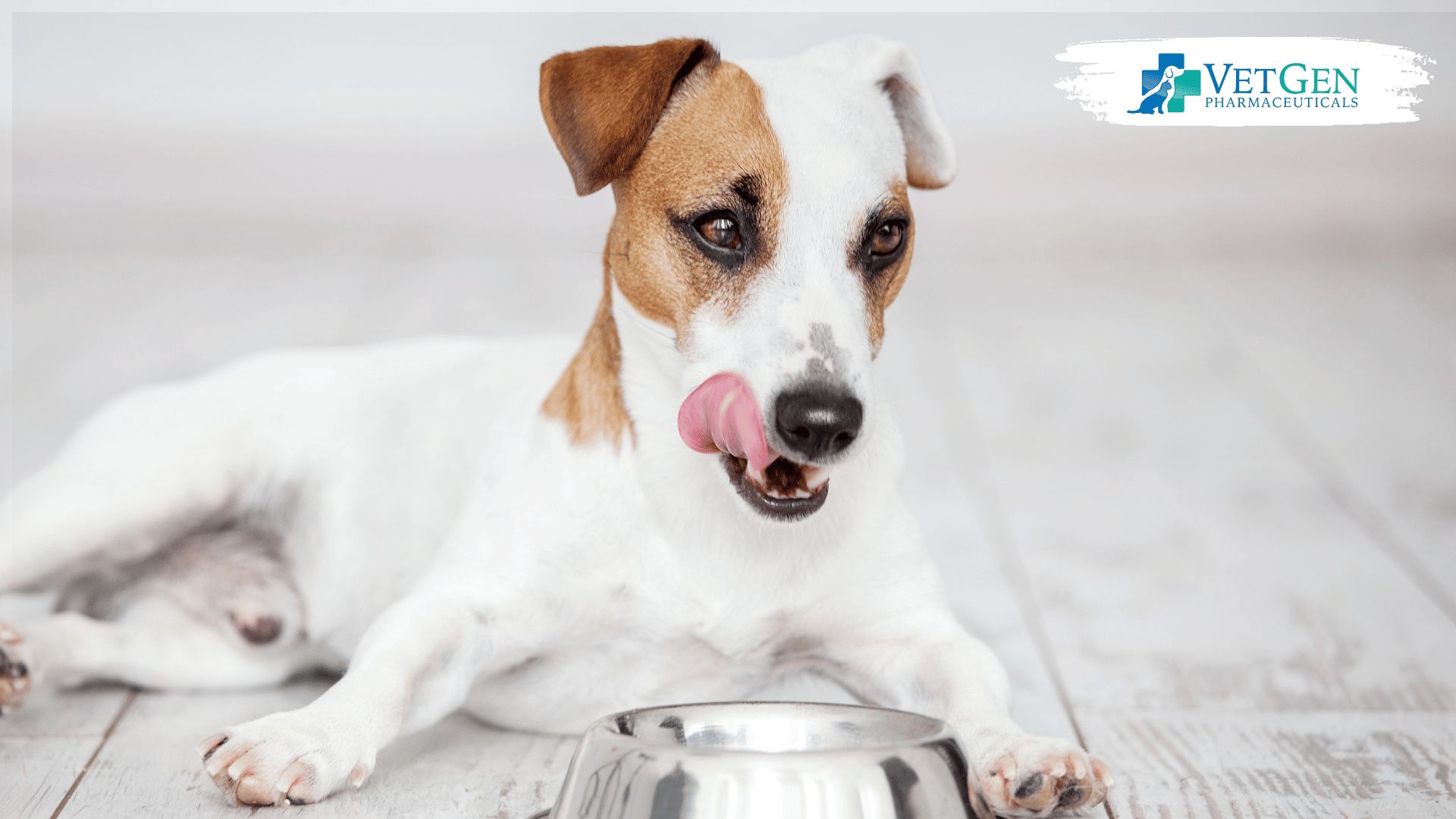
How Does Fasting Influence the Digestive System?
Slows Metabolism
Food starvation for such a long time decreases the activities of the digestive system. This would mean, therefore, that it minimizes the quantity of digestive enzymes in dogs and stomach acids in the body. This slowing would, consequently, prevent nausea or vomiting before surgery. However, fasting the dog for such a long period is not in any way encouraged since long starvation periods may result in pain and increased acid stomach and other digestive problems.
Reduces Stomach Contents
The longer that dog fasting, the emptier its stomach will be due to the minimal availability of food and liquids in that stomach space before any surgery. This emptiness minimizes the possibility of contents inside the stomach going into the trachea, therefore preventing complications like aspiration pneumonia.
Keeps Blood Sugar Levels
Fasting also regulates blood sugar. Anesthesia administration can lead to a drop in blood pressure and blood sugar. The veterinarian will manage those levels smoothly while conducting the procedure if the digestive system is not loaded with food.
How Does Fasting Influence the Digestive System?
The period of fasting that is recommended for vets to advise a dog before undergoing the surgical process depends on the age as well as the health of the dog. Adult dogs are normally advised to fast for a period of about 8 to 12 hours before the surgery; then, their stomach will be fully empty at the same time ensuring the dog gets enough hydration. In other cases, puppies and dogs suffering from various medical conditions are taken in shorter periods because such animals have diverse requirements in terms of metabolism and nutrition in dogs.
This often results in withholding water for a few hours before surgery to reduce the amount of fluid that might be present in the stomach, though small amounts can be given up until just before surgery. In general, the specific fasting instructions provided by your veterinarian must always be adhered to; their recommendations are specific to the dog being presented.
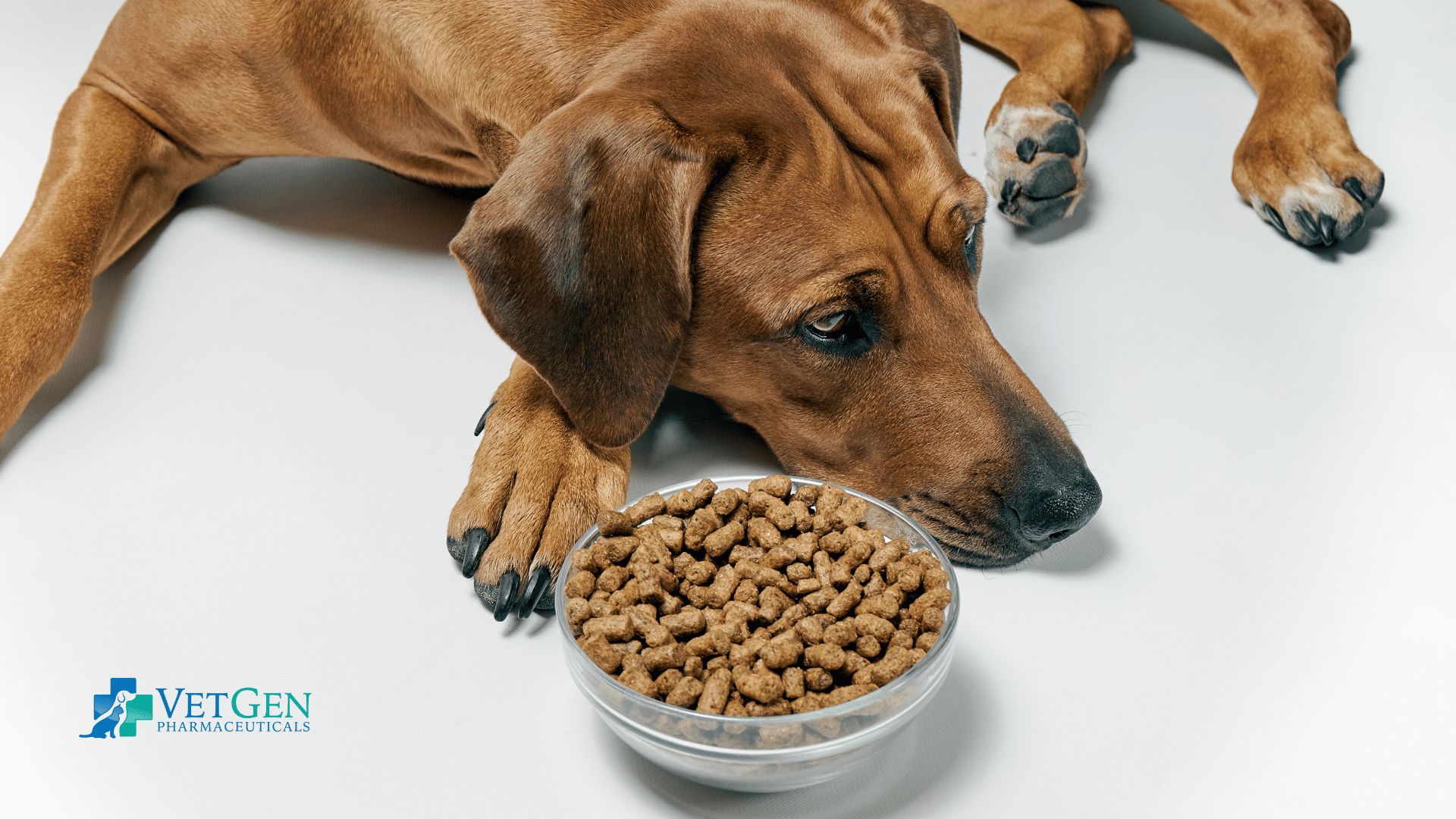
Reducing Surgical Risks through Fasting
While preoperative fasting is important for the management of the gastrointestinal system, it serves other very important roles as well. It significantly reduces nausea and vomiting after surgery, which are side effects of anesthesia. A postoperative vomiting history in dogs can place stress on the abdominal muscles in dogs and stimulate undue tension on surgical incisions. By fasting, such a risk can largely be avoided.
Besides, an empty stomach guarantees anesthesia to function much more effectively. If the digestive system is working actively, it can fight with anesthesia, which means its effects would be delayed and it will be difficult to control during surgery.
Can Fasting Have Adverse Effects?
Although fasting is generally safe and helpful before surgery, prolonged or improper fasting in dogs might have negative impacts on a dog’s digestive system. Some such effects include:
- Increased acidity of the stomach: For a dog, this results in having lesser food intake to neutralize the acidity in the stomach, hence discomfort or even gastric ulcers in extreme cases.
- Dehydration: Since water intake should be minimally taken before surgery to avoid complications of dehydration, it works against good post-surgical recovery, too. Most veterinarians say that some limited water intake before surgery can be good for the dog.
- Weakness or lethargy: Fasting leads to low energy in the dogs such that they become weak and lethargic, especially the small and elderly dogs, which have to feed frequently to maintain their blood sugar.
Digestive Care Post-Surgery
The digestive system of the dog requires some time to recover from any surgery. The anesthetic would slow down its normal digestion, and the dog might not want to eat right after anesthesia recovery. Gradual refeeding often as small, bland portions is discouraged to avoid stomach upset. Full meals should be only provided when the dog has fully recovered from anesthesia and its appetite returns to normal.
One would also ensure monitoring of the hydration of the dog. Dehydration can lower the speed of recovery as well as exacerbate any digestive disorder. Providing small amounts of water at regular intervals after surgery helps recover the dog without overwhelming the digestive system.
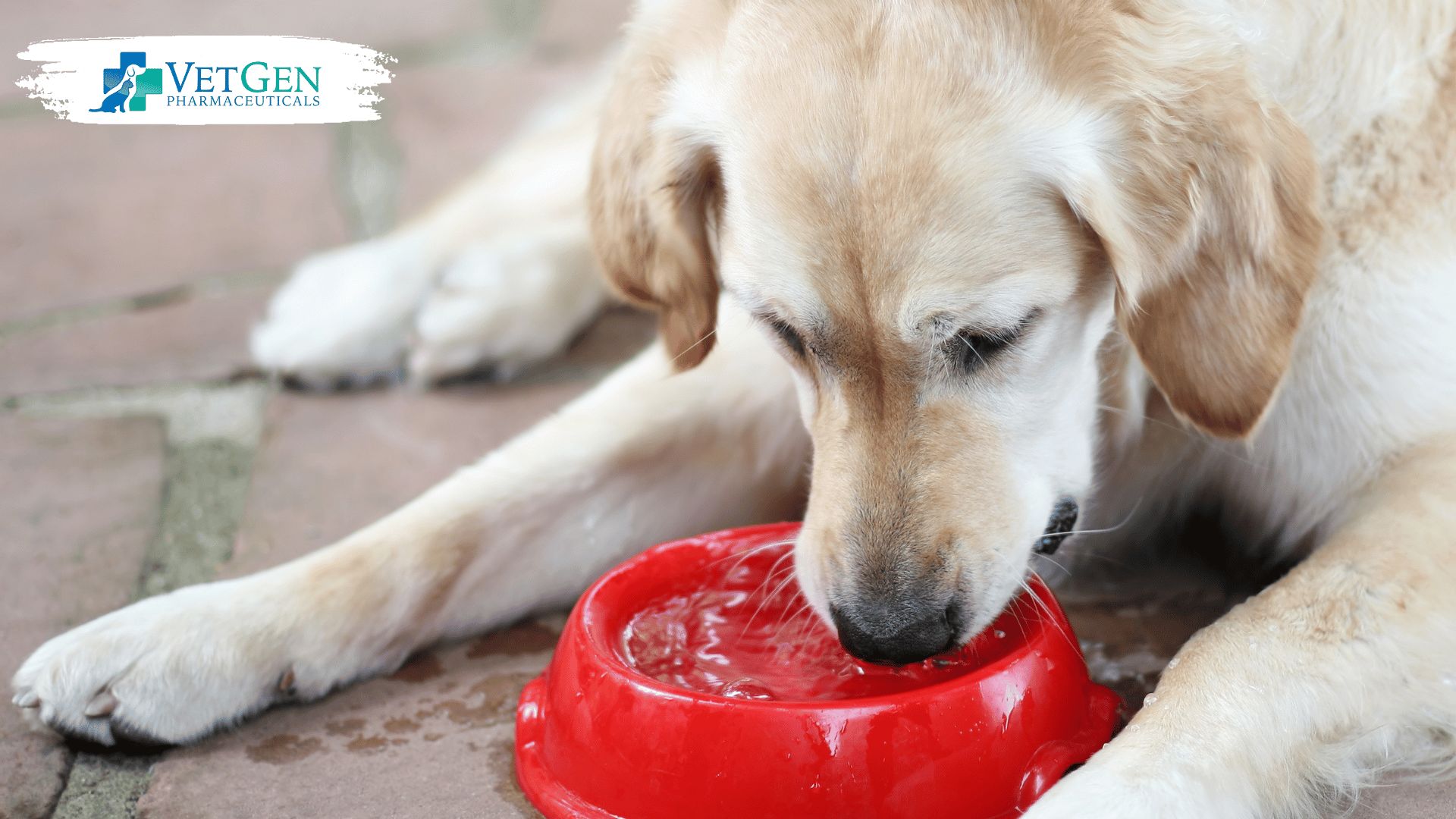
Conclusion
Fasting is a crucial preoperative requirement for a dog’s digestive system for surgery. It makes the stomach empty before surgery, making it reduce instances of complications from aspiration pneumonia, and making anesthesia more effective as well. However, proper implementation of fasting as assigned by the veterinarian may counteract factors such as increased acidity of the stomach or dehydration.
Post-operative care is equally important, including the gradual reintroduction of food, and hydration levels should be closely monitored. For owners desirous of ensuring that their pets are given the best by way of surgery, VetGen Pharmaceuticals has a line of products supporting a dog’s health and recovery. The solutions from their vet’s help deal with different health problems to ensure pets recover smoothly and safely after surgical procedures.
If you want to know more in-depth about how to take care of your sick dog.
Frequently Asked Questions
1. Why must dogs fast before surgery?
This will reduce the risk of aspiration pneumonia in dogs, which is when the contents of the stomach aspirate into the lungs during anesthesia. It helps in providing an empty stomach with minimal chances and controls the anesthesia process effectively during the surgery.
2. How long do I need to fast my dog before surgery?
Fasting for most adult dogs is required for 8-12 hours before surgery. For puppies or dogs with specific conditions, less time may be required, which would depend on their special needs, invariably directed by your veterinarian’s guidance.
3. May my dog drink water during fasting before surgery?
In general, water is allowed until several hours before surgery. However, in some cases, your veterinarian may advise withholding water closer to the date of surgery to reduce stomach contents even further. Again, consult with your veterinarian for instructions on this issue as well.
4. What if my dog eats before surgery?
If your dog eats too close to surgery, it increases the chance that it will vomit or otherwise aspirate food into its lungs, which can create further complications. If your dog accidentally eats, call your vet right away; surgery may have to be rescheduled.
5. Will fasting affect my dog's digestive system?
Fasting slows down the rate of digestion, stops the secretion of digestive juices, and empties the stomach. Prolonged fasting is essential but inconvenient, may cause acidity of gastric juices, and can lead to dehydration if not very well managed.


